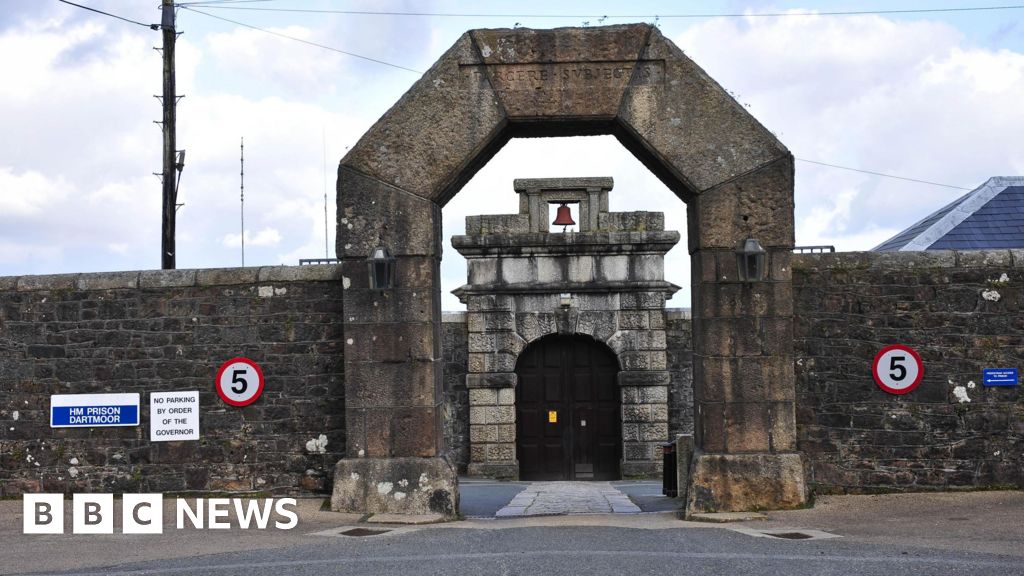Auto Amazon Links: No products found. Blocked by captcha.
The recent tragic events in Southport have prompted discussions about potential changes to the law to address attacks like the one carried out by Axel Rudakubana. The UK’s terror watchdog, Jonathan Hall KC, has suggested the need for a new offense to cover individuals planning non-terrorist mass killings. However, he maintains that the definition of terrorism should not be expanded or altered in response to such incidents.
Rudakubana’s horrific actions, including the murder of three young children and attempted murder of several others, revealed a disturbing lack of clear ideological motivation for the attack. Despite the presence of ricin pulp and extremist materials in his possession, authorities refrained from classifying the incident as terrorism. This has led to calls for a new offense that would encompass the planning of mass violence without a specific ideological basis.
In light of these events, Sir Keir Starmer has highlighted the emerging threat of extreme violence perpetrated by individuals acting alone. This trend poses a challenge for law enforcement agencies, as existing legislation does not adequately address the preparation for non-terrorist mass casualty attacks. Jonathan Hall KC suggests the introduction of a new offense akin to preparing an act of terrorism, with a maximum sentence of life imprisonment, to address this gap.
Government officials have indicated their willingness to consider the watchdog’s recommendations and amend legislation accordingly. In addition to legal reforms, efforts are underway to address the dissemination of misinformation online following the Southport attacks. Police involvement in providing accurate information to the public in such cases is crucial to combatting the spread of false narratives and preserving the integrity of legal proceedings
Read the full article from The BBC here: Read More
Auto Amazon Links: No products found. Blocked by captcha.











